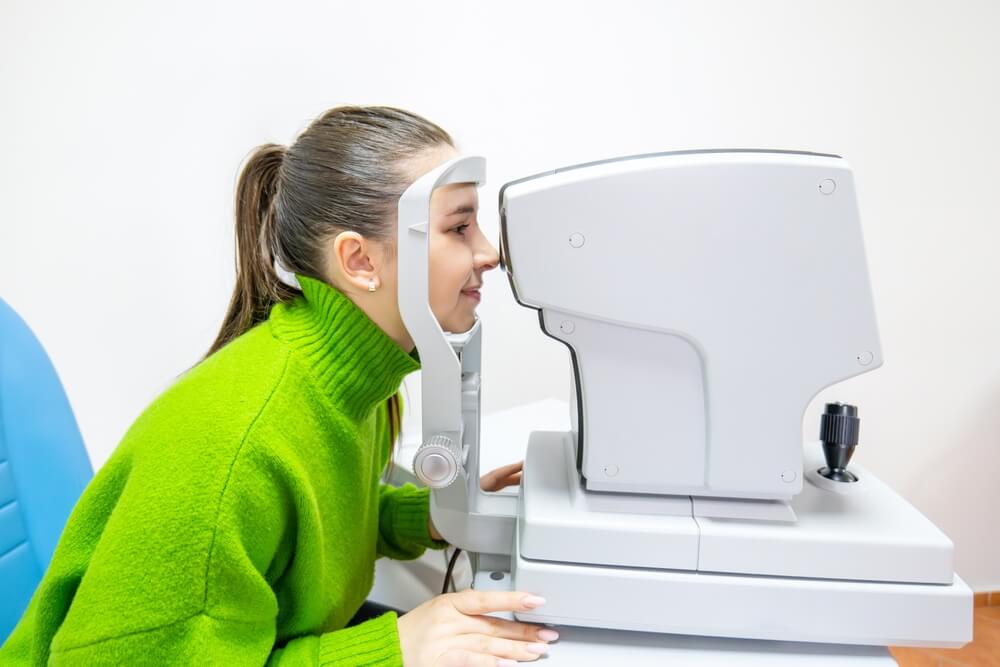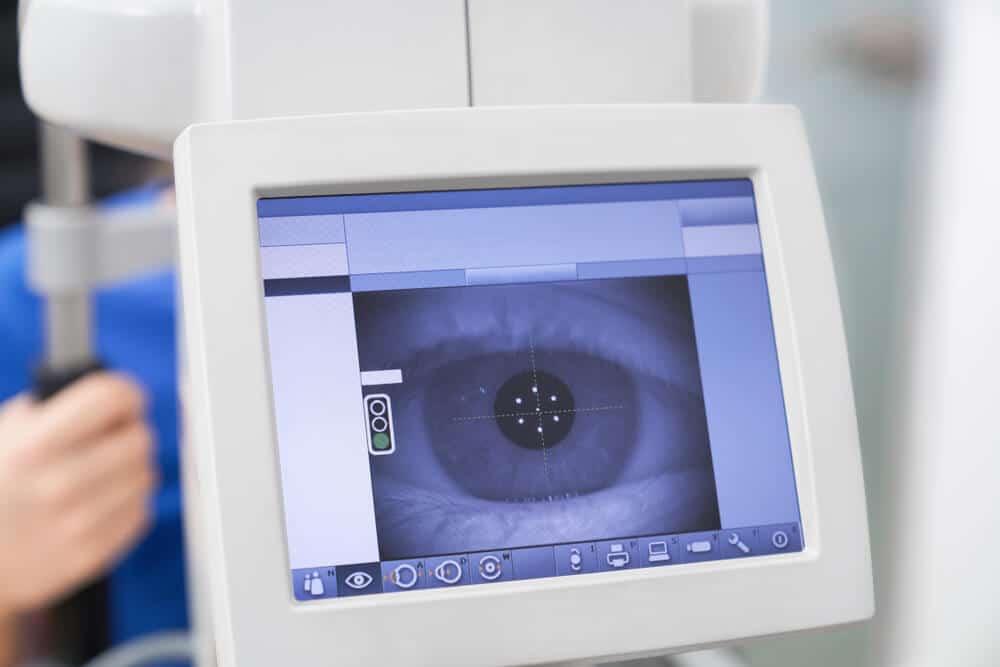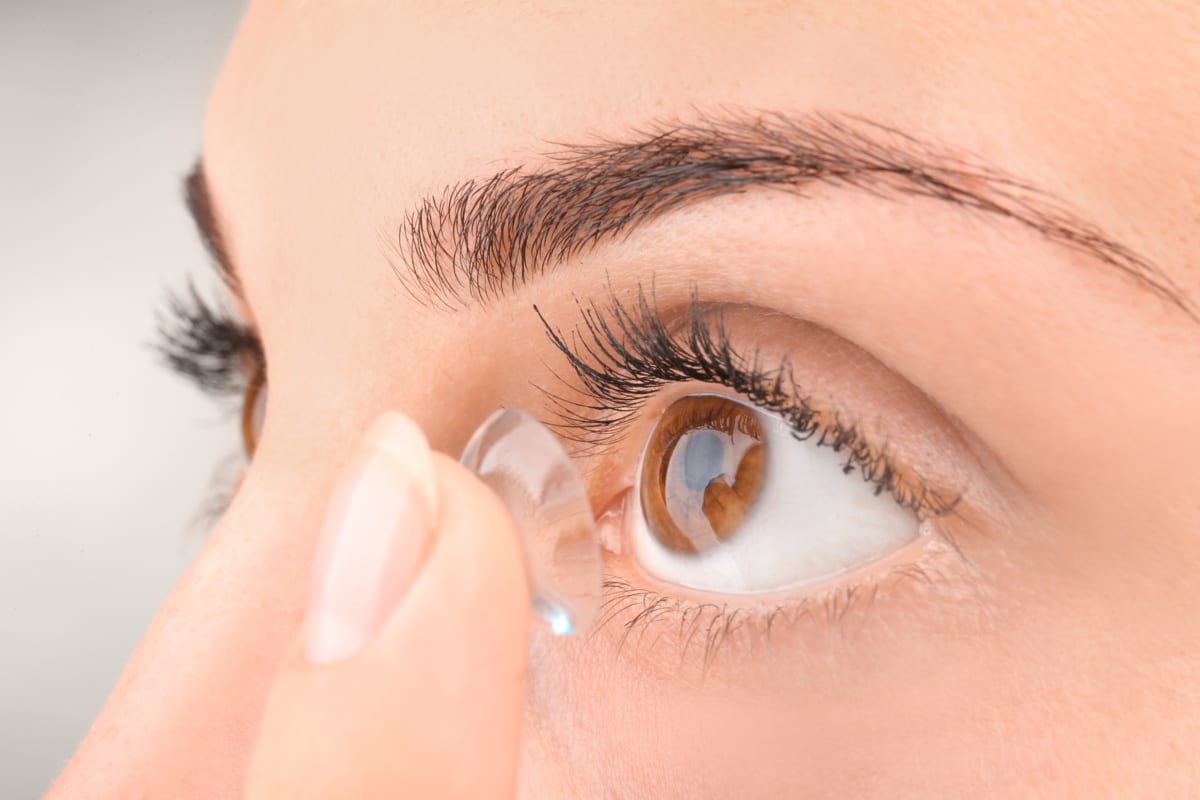Regular eye exams are widely acknowledged in the field of eye care as essential for maintaining good vision and overall eye health. However, what often gets overlooked is the significance of follow-up eye exams. These subsequent appointments play a critical role in addressing various aspects of eye health, from managing chronic conditions to ensuring proper healing after treatment. Let’s explore why follow-up eye exams are vital and explore the different scenarios where they become necessary.
The Need for Follow-Up Eye Exams
Insurance Requirements and Routine Eye Exams

One of the primary reasons for scheduling follow-up eye exams is insurance requirements. Insurance policies often separate vision routine eye exams from medical evaluations. Consequently, if a patient presents with both vision concerns and medical complaints during the initial appointment, it may be necessary to schedule a follow-up exam to address the medical issues adequately. This segmentation ensures that each aspect of eye health receives the appropriate attention and billing.
Managing Chronic Eye Diseases
Chronic eye diseases, such as cataracts, dry eye, glaucoma, macular degeneration, epiretinal membranes, and diabetic retinopathy, require ongoing monitoring and management. Follow-up eye exams are instrumental in tracking the progression of these conditions, adjusting treatment plans as needed, and ensuring proper control to prevent vision loss. Depending on the severity and nature of the condition, patients may need to undergo follow-up exams every few months to maintain optimal eye health.
Urgent Visits and Post-Treatment Care
In cases of urgent or emergent eye issues, immediate treatment may be administered to alleviate symptoms and promote healing. However, follow-up eye exams are crucial for monitoring the effectiveness of the treatment, modifying it if necessary, and ensuring complete resolution of the underlying problem. Regular follow-ups allow eye care professionals to assess the patient’s progress, address any lingering concerns, and provide ongoing support for optimal recovery.
Importance of Regular Interval Follow-Ups
Monitoring Progress
Regular interval follow-up exams provide a valuable opportunity for eye care professionals to closely monitor the progression of chronic eye diseases over time. This ongoing monitoring allows them to track any changes in the condition, assess the effectiveness of current treatment strategies, and make necessary adjustments to the treatment plan to ensure optimal management of the disease. By staying vigilant through regular follow-up appointments, healthcare providers can proactively address any emerging issues, minimize the risk of complications, and tailor the treatment approach to meet the specific needs of each patient.
Early Detection
Regular follow-up eye exams serve as a crucial tool in the early detection of changes or complications in the patient’s eye health. By consistently monitoring the condition over time, eye care professionals can swiftly identify any deviations from the expected progression, enabling timely intervention to address emerging issues. This proactive approach not only enhances the chances of successful treatment outcomes but also minimizes the potential impact of complications on the patient’s vision and overall well-being. Through diligent monitoring and prompt action, healthcare providers can effectively safeguard their patients’ eye health and promote long-term visual wellness.
Treatment Optimization
Through vigilant monitoring of the patient’s response to treatment during follow-up appointments, eye care professionals gain valuable insights into the effectiveness of the prescribed interventions. This ongoing assessment allows them to meticulously evaluate the treatment’s impact on the patient’s eye health and overall well-being, identifying any areas where adjustments may be necessary. By carefully tailoring the treatment plan based on individual response and tolerance, healthcare providers can optimize its efficacy while mitigating the risk of potential side effects. This personalized approach ensures that patients receive the most appropriate and beneficial care, maximizing their chances of achieving optimal outcomes and enhancing their quality of life.
Patient Education
Follow-up eye exams are more than just clinical evaluations—they’re opportunities for patient education and empowerment. Eye care professionals engage patients in discussions about their condition, treatment options, and preventive measures, fostering understanding and proactive management. This collaborative approach empowers individuals to take an active role in their eye health journey, leading to better outcomes and improved quality of life.
In Summary

Follow-up eye exams are indispensable for comprehensive eye care. Whether it’s addressing medical concerns, managing chronic eye diseases, or ensuring proper healing after treatment, these appointments play a vital role in preserving vision and maintaining overall eye health. By adhering to regular follow-up schedules, patients can proactively manage their eye health and enjoy clear vision for years to come. If you have any questions or need to schedule your follow-up eye exam, don’t hesitate to contact Art of Optiks today.




